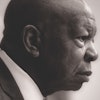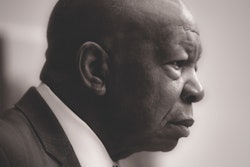The resurgence of the Black Lives Matter movement, the violent death of George Floyd and the global protests that ensued have triggered a reckoning in many institutional spaces, including American law schools. Concerned law professors and deans have examined their courses and curricula to determine what changes need to be made to address issues of racism and bias in the United States.
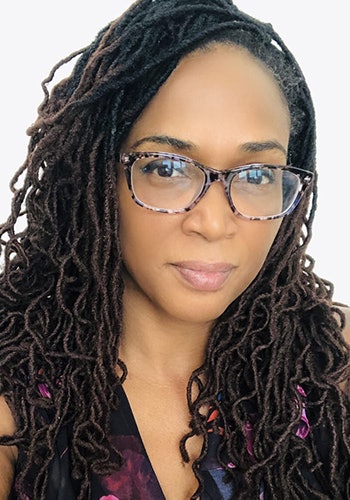 Camille Gear Rich
Camille Gear RichSouthern University Law Center (SULC), the University of New Mexico School of Law and the University of Southern California Gould School of Law are among the numerous institutions that have taken action to address social injustice amid mounting incidents of police violence against African Americans and in support of the related protest movement.
At USC Gould School of Law, Professor Camille Gear Rich sent a memo to her colleagues proposing a required course specifically addressing racism.
“In the summer of 2020 during the tide of Black Lives Matter protests sweeping the country and in reaction to George Floyd’s death it seemed like a focusing moment for the entire nation,” Rich says, adding that it was also a time “for law schools to reflect on the ways in which their curriculum was either preparing or disadvantaging students” in connection with the ethical treatment of others, the pursuit of social justice and how best to inform and advise their clients about the repercussions of their decisions.
In addition, inequities such as the disproportionate impact of COVID-19 on communities of color and recent measures to suppress Black voting also led to revisions and discussions with other faculty and, finally, to the new course “Race, Racism and the Law” that will be offered as a requirement for graduation beginning with the class of 2024.
Rich, who is founder and director of PRYSM: The USC Initiative for the Study of Race, Gender, Sexuality and the Law, says her memo grew out of “a series of conversations in the law school over a two-year period about the need for some more substantive opportunities for students to engage with the important role race has played in shaping legal concepts and doctrines in the United States.”
But the events of 2020 added to that necessity.
“We wanted our students to be aware of the multiple ways in which legal strategies that can appear color blind on their face or seemingly neutral actually are embedded in prior racial conflicts, prior racial understandings and prior racial disappointments,” Rich says.
Examining implicit bias, systemic racism
Although SULC is part of the historically Black Southern University System in Louisiana, it serves a diverse population of law students and faculty, according to clinical director Virginia Listach, who recalls the protests igniting intense interest at the law center and leading to focusing regular discussion clinics on topics of race and equity.
“One thing that was discussed as a result of the Black Lives Matter movement was implicit bias from a racial perspective in terms of the impact those biases have on individuals as well as how those biases affect certain groups,” explains Listach, a former assistant attorney general with the Louisiana
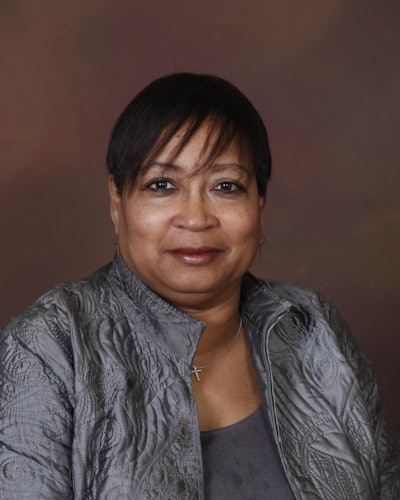 Virginia Listach
Virginia ListachDepartment of Justice. In particular, she points out the effect of implicit bias on the criminal justice system and its impact on Black imprisonment.
“It’s a different subject and it makes some people very uncomfortable, but as we indicate to students, discomfort may be needed,” she adds.
She also says SULC is involved in the Marshall-Brennan Constitutional Literacy Project that takes law students into the high schools to teach constitutional issues and legal advocacy to the high schoolers. Currently, Listach says the focus is on voting rights due to the current voter suppression efforts. “We make sure that they understand the right to vote from a historical, social and political perspective . . . and present it so that they understand that blood was shed to give them that right,” Listach says. “And how we seem to be going on a backward trajectory today.”
SULC law students are demonstrating that Black lives matter by investigating discrimination in Louisiana’s rural parishes in the wake of a local cemetery’s recent refusal to allow a Black man to be buried there on the basis of a 70-year-old “Whites-only” policy. After an outcry from the community, the policy was reversed.
“The news of Oaklin Springs Cemetery’s refusal to grant burial rights for Allen Parish Sheriff Darrell Semien of Oberlin, Louisiana, has prompted Southern University Law Center’s Louis A. Berry Institute of Civil Rights & Justice to investigate other continuing practices of discrimination in Louisiana’s rural parishes,” an announcement on the SULC website states, adding that the students are “committed to rooting out and dismantling systemic racism” throughout their community.
Students demand more
At the University of New Mexico Law School, Professor Sonia Gipson Rankin describes three activities organized in spring 2020 to address the national protest movement – a virtual teach-in; a social justice book club; and a startup student organization, Law Students for Equity & Inclusion. The teach-in included a panel of professors and students who discussed police killings of African Americans, the U.S. history of racial violence, protest and related topics.
Rankin notes that relevant courses such as “Race and the Law,” “Indian Law” and “Refugee Law” were regularly being offered at the UNM School of Law for decades and that faculty were using casebooks “that explicitly address issues of criminal law and torts with an understanding of racial, gender and class distinctions in the law.”
However, Rankin says students are seeking a more distinct social justice curriculum. “The murders of George Floyd, Breonna Taylor, Ahmaud Arbery and so many others have encouraged law students to use their agency and demand more foundational legal courses that deal squarely with race and inequality — and they are right,” Rankin asserts. She believes today’s law students need and “must know all the written and unwritten rules and policies” of the systems they will encounter. UNM law students last spring started an organization called Law Students for Equity & Inclusion.
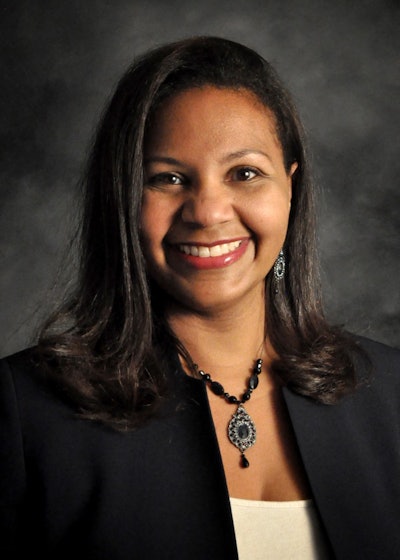 Sonia Rankin
Sonia RankinAnother response to Floyd’s brutal death came from five Black female deans who founded the Law Deans Antiracist Clearinghouse Project, which provides antiracism resources and information on the Association of American Law Schools’ website.
The project was developed and is curated by Deans Danielle Conway of Penn State Dickinson Law, Danielle Holley-Walker of Howard University School of Law, Dr. Angela Onwuachi-Willig of Boston University School of Law, Carla D. Pratt of Washburn University School of Law and Kimberly Mutcherson, co-dean of Rutgers Law School.
Another social justice-oriented program was a recent conference aimed at law faculty and hosted by Western Michigan University Cooley Law School. Titled “Teaching Multicultural Lawyering: Development, Integration, and Conversation,” the March 2021 event focused on teaching stand-alone courses as well as infusing multicultural lawyering throughout the curriculum.
Rankin views all of these efforts as signs of progress.
“Racial injustice has been documented and sustained by our legal systems,” Rankin says. “When the legal academy provides a space for critical thinking about our legal structures and how they were established, all of society will benefit. The multicultural, multigenerational coalitions around the world last summer give me hope and encouragement about the next generation of lawyers.”
This article originally appeared in the April 15, 2021 edition of Diverse. Read it here.

